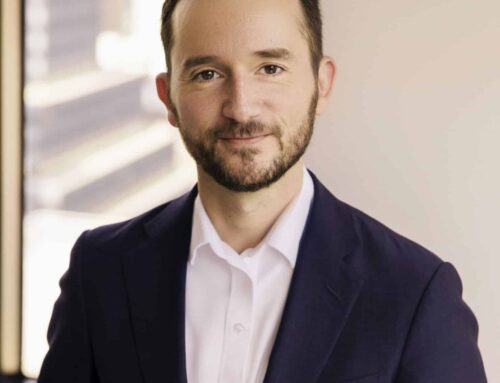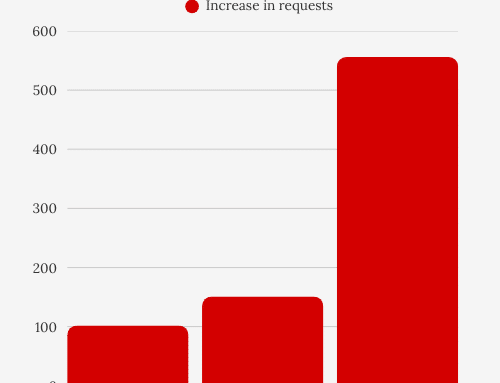The Facebook Files, One year later
A high-profile case that shows how whistleblowing plays a critical role in holding power to account
By
Delphine Halgand-Mishra, executive director of The Signals Network
Tyler Shultz, startup founder and Theranos whistleblower
Just over a year ago, Frances Haugen sat in front of the US Senate Commerce Committee and said:
“Facebook’s products harm children, stoke division, and weaken our democracy. The company’s leadership knows how to make Facebook and Instagram safer, but won’t make the necessary changes because they have put their astronomical profits above people.”
A powerful statement that resonated throughout the halls of Congress and beyond. But did her coming forward as a whistleblower of one of the world’s most powerful and consequential companies, matter? Whistleblowing is by definition an individual act of courage. Those who embark on the whistleblowing journey have two things in common: They want to impact change for the greater good, and they do so at great personal risk.
In three key areas – legislation, justice, and continued pressure on big tech – we find that Frances Haugen’s journey as a whistleblower has been truly impactful.
While the Senate hearing last October – which followed a series of investigative articles – hasn’t yet produced laws that can regulate the harms she identified, it did increase the level of knowledge and debate on the issue, and US lawmakers have introduced bills based on her recommendations. It also had a knock-on effect beyond the US, especially in Europe. Later that same month, Haugen testified to the UK Parliament while they were writing a new Online Safety Bill. She also testified at the European Parliament (EP) as the 27-member countries were considering the EU Digital Services Act (DSA).
Since the EU’s adoption of the DSA, Haugen has continued to advise and inform the EP on how it can be most effectively implemented. In a March 2022 op-ed in the Financial Times, she urged lawmakers to “ensure that civil society organizations with a record of integrity and excellence in research gain access to platform data under the Digital Services Act (DSA).” She also advised the Internal Market and Consumer Protection Committee in May on implementing the act and ensuring that implementation is well funded.
While other legislative bodies have not taken as decisive action as the EU, the civil society organizations and activists fighting big tech lobbyists around the world now are able to use Haugen’s revelations to strengthen their own arguments. This is especially important in places far from the company’s Silicon Valley home, where Facebook has a massive impact but few resources to reduce the disinformation on the platform that can be a matter of life or death.
Beyond legislative halls, Haugen’s revelations have been cited in judicial inquiries, most notably just last month in London, at the inquest into the death of Molly Rose Russell in 2014. For the first time ever, a social media platform was cited by the coroner at the inquest as consequential in her death, stating she died, “from an act of self harm while suffering from depression and the negative effects of online content.” This tragic conclusion calls to mind Haugen’s testimony – backed up by the documents she provided – that Instagram knew its platform was toxic for many teens, especially young girls, but that it did not meaningfully alter its business model to make it safer. Haugen met with Molly’s father last year to lend her support: Together their persistence has forced some level of accountability on social media platforms, though much more is needed.
The third area of impact has been in Haugen’s approach to supporting other whistleblowers. Like many whistleblowers before and after her, Haugen recognizes the importance of the collective voice that whistleblowers form. She has notably supported Daniel Motaung, a former Facebook content moderator in Kenya who blew the whistle on the working conditions of content moderators. In June, they appeared together to discuss issues around holding the company to account, and Haugen discussed the need to extend the support she has received to workers far beyond Big Tech headquarters. Similarly, she authored an op-ed in the Guardian to support Uber Files whistleblower, Mark MacGann who spoke out about Uber’s business practices in order to support drivers and reduce Big Tech’s outsized lobbying power.
Whistleblowing can be a lonely journey, and as we saw with Theranos, it can be a long time before players are held to account. But the impact of Haugen’s revelations make it clear that individuals who witness wrongdoing are forcing real change. She stands with others – Facebook’s Sophie Zhang, Google’s Timnit Gebru, Pinterest’s Ifeoma Ozoma, Twitter’s Anika Navaroli, my colleague at Theranos, Erika Cheung – who are holding companies accountable. The next game-changing whistleblower is out there right now. Change is possible when we stand with those who speak out.



